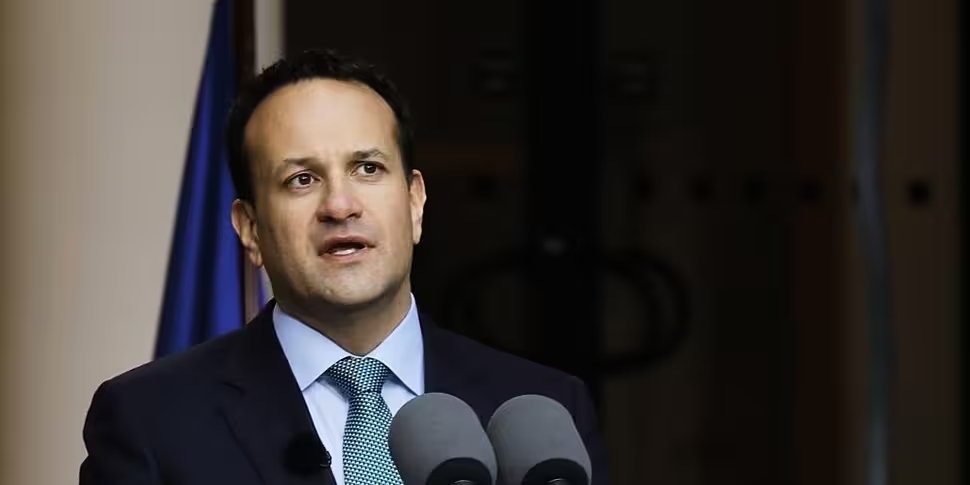The Taoiseach Leo Varadkar has criticised a lack of coordination across the European Union at the outset of the coronavirus pandemic.
He updated the Dáil on Wednesday on a video conference with members of the European Council at the end of April.
The meeting was used to discuss the coronavirus emergency, and to chart a path towards economic and social recovery.
It was the fourth such meeting, with previous gatherings taking place on March 10th, 17th and 26th.
Mr Varadkar said he hopes coordination is closer across the bloc, as it was lacking as the crisis unfolded.
"Sadly, when this emergency started the level of coordination across the EU was poor.
"Member states did their own thing because very often they were responding to a pandemic that was happening at a different pace in different countries.
"And of course, public health is a national not European competence.
"At its best, the European Union stands for freedom, peace and solidarity, the belief that we can achieve something greater by acting together as a continent.
"Europe showed what these values meant in reality during the first phase of the Brexit negotiations and now it must do so again during this pandemic.
"We must have a coordinated response based on solidarity and demonstrate that the European ideal shines brightest when things are at their darkest."
Mr Varadkar also said he welcomed the building of a strategic stockpile of medical equipment by the European Commission.
He said batches of protective masks are being distributed to states such as Spain, Italy and Croatia.
And he added: "There is more to do and we need to consider how to make the EU more resilient and more responsive as we chart our way through and beyond this crisis."
Recovery
On any recovery, Mr Vardkar said he supported the idea of mutualising debt - or 'corona bonds' - along with eight other leaders.
The idea was to take a shared approach to managing debt from the crisis, which could be directed towards health spending or other areas.
But he said that any such approach would have required "a legal underpinning", with the approval of all member states and a referendum in Ireland.
He said: "In the absence of unanimous support for that approach, we agreed that alternative solutions for a Recovery Fund should be developed.
"I am supportive of the broad suite of measures taken at EU level."
These would include a temporary relaxation of State Aid rules, under which Ireland has had two aid packages totalling €400m to assist affected companies.
"We need to ensure that member states do not use the State Aid to give an unfair advantage to companies in other member states that they compete with", Mr Varadkar added.
He also said that to date, repatriation efforts have brought home over 500,000 EU citizens.
This includes people repatriated to Ireland on special flights chartered from Peru and India.









